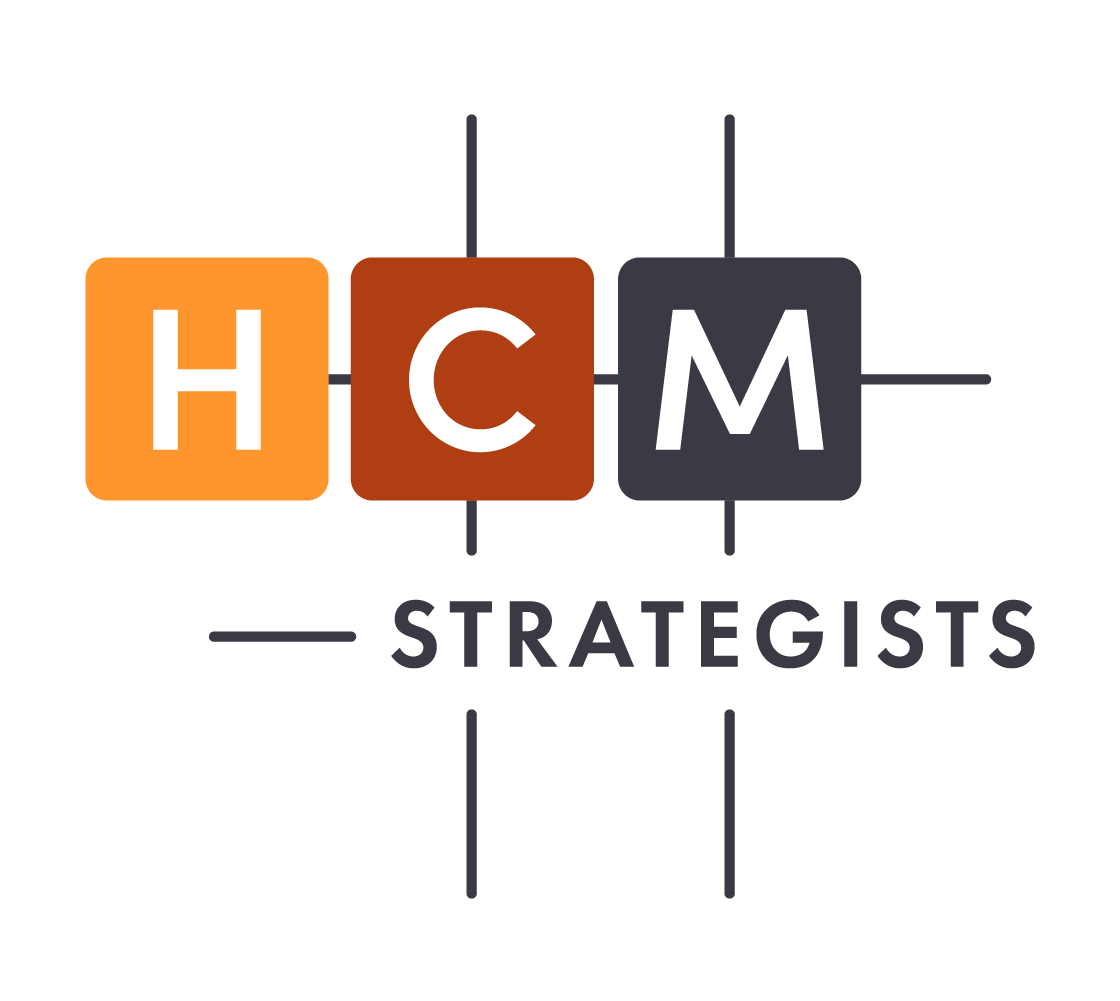SPOTLIGHT | Assessing State Readiness for Redesigning Public Education
Client: Yes. Every Kid. Foundation | Partnership length: One year | HCM Service Area Spotlight: Designing + Implementing Policy Agendas | Portfolio Category: K-12
HCM worked alongside the Yes. Every Kid. Foundation to implement a new approach to assessing state readiness for education policy change.
OVERVIEW
The Yes. Every Kid. Foundation is committed to advancing policies that provide more diverse educational options to families who want them. Importantly, Yes. Every Kid. is not an opponent to a robust public school education system. Rather, most of the change that Foundation leaders envision is centered around policies that allow the public education system to be more flexible to the diverse needs of all learners. However, the task of reimagining and diversifying our nation's education system is a challenge. Historically, school choice movements have been met with stiff resistance from those who benefit from the current system. Yet, national data show that many children are not being served well in our public schools, where about two out of every three students are not performing at grade level.
The Foundation sought to engage with states that appear ready to tackle the tough challenge of redesigning how education is delivered in line with their established policy pillars. These priorities include providing credit for educational experiences outside of the traditional classroom, expanding open enrollment within and between school districts, and providing funds for students to take advantage of other opportunities if the traditional system is not meeting their needs. To begin this work, the Foundation needed to understand which states – political leaders, educators, parents, and the public -- would be the best to engage.
Critically, instead of a traditional government affairs approach, the Foundation hoped to generate interest from parents and students, and even teachers, to create momentum from the ground up. The question we faced was, in which states might this work? Where was the culture conducive to openness to reform?
OUR WORK + IMPACT
HCM Strategists held brainstorming strategy sessions to explore the characteristics that describe the type of state policy environment in which the Yes. Every Kid. Foundation was looking to engage. We developed a rubric mapped to some of the qualities that the Foundation had already determined they were looking to assess, and conducted field research to create a readiness methodology and framework from which the Foundation could base their analysis.
The result was a diverse set of data that mapped the cultural landscape in all 50 states based on assumptions of how certain factors would influence constituents/parents/teachers willingness to support education reform initiatives. The data covered a wide range of information within and external to the education field, including policies like Medicaid expansion status, alignment of boundaries among various municipal jurisdictions, and rate of legislator turnover. As we developed the dataset, we prioritized the inclusion of information that would either support or rebuke the assumptions the Foundation had about how certain cultural norms would affect voters. For example, does a strong executive branch in a state tend to make reform less likely? Or can we tell whether a state tends to over rely on government?
Using this dataset, we evaluated the unique contexts of each state and grouped them into tiers based on alignment with the policy priorities of the Foundation. After thorough data analysis and testing, we identified a group of top-tier states that formed our recommendation of where the Foundation’s policies would have the most potential for success. As another check against the work, HCM and the Foundation developed a set of polls that attempted to measure the culture of a state defined by our methodology. This approach resulted in a strong and defensible set of states where Yes. Every Kid. will focus during legislative sessions beginning in 2023. Importantly, it debunked predictable assumptions about states that had the most potential, leading to saved time, money, and effort.

